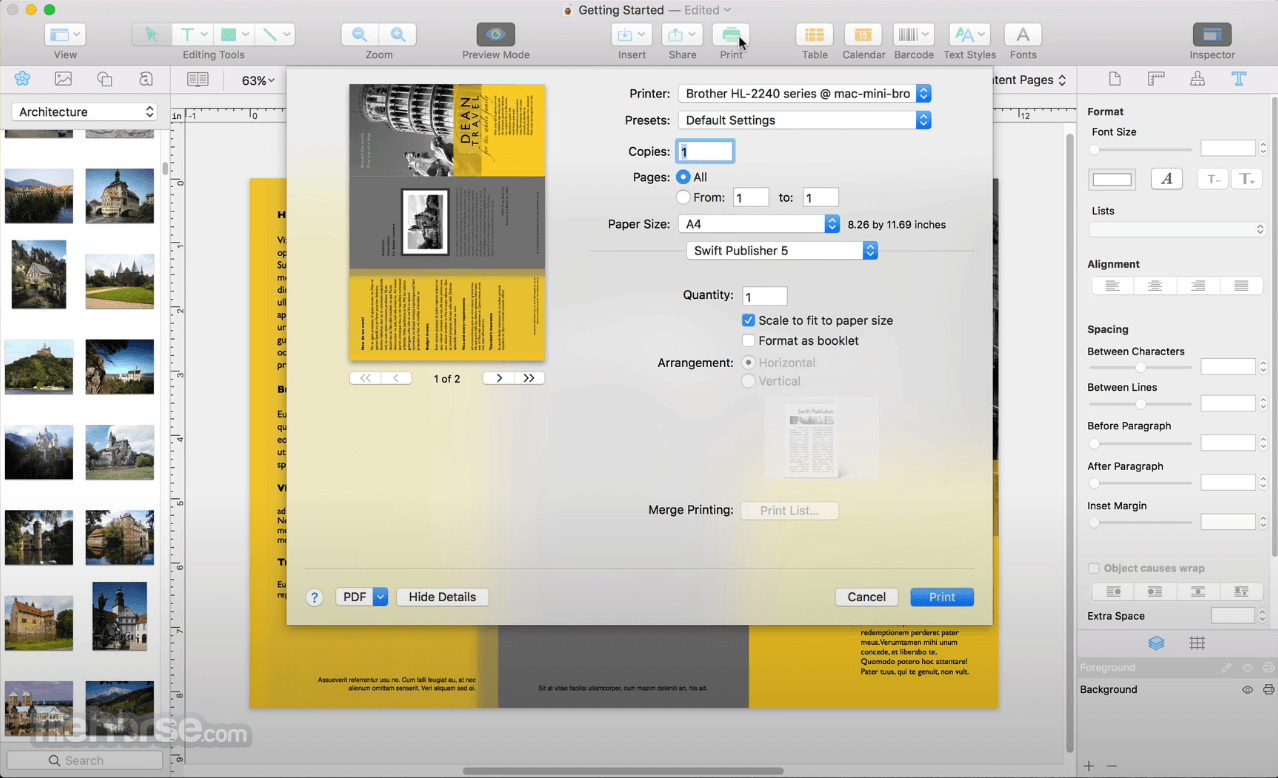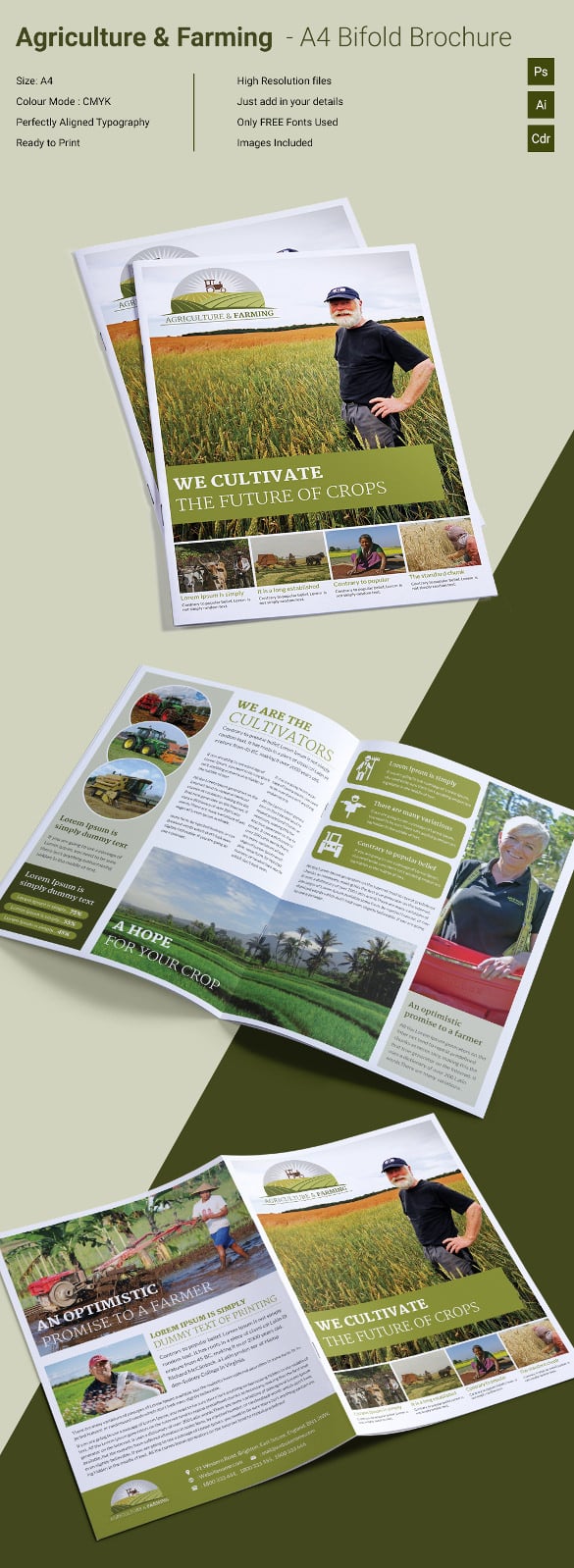

When publishing a map from ArcMap or ArcGIS Pro, ArcGIS Online honors the existing scale range configured during the authoring process. When publishing a CSV file, shapefile, GeoJSON file, feature collection, or file geodatabase, ArcGIS Online automatically sets the optimal visible range based on the data. Sign name, date installed, and a website URL for reporting problems Each feature (street sign) may include the

For example, aįeature layer may contain information about the street signs in

Go on top of reference layers, such as a basemap. Maps, apps, and desktop map viewers canĪccess your services from anywhere on the internet if you choose toįeature layers are most appropriate for operational layers that Hosting a feature layer on ArcGIS Online is one way to shareĭata with an internet audience if your own ArcGIS Server site cannot be After the hosted feature layer is created, add fields to each layers.įeature layers are useful when you need to expose vector data forĭisplay, query, and editing on the web or when you want to share a table of nonspatial attributes. You can also define a blank hosted feature layer and the empty layers it contains. Open Geospatial Consortium (OGC) GeoPackage files.Zipped collections of georeferenced photos (photos with locations).xls) that contain coordinates or addresses Comma-separated values (CSV) files that contain coordinates or addresses.Use any of the following to publish a hosted feature layer: ArcGIS Online supports multiple sources to allow you to accomplish this. Create from a template or existing feature layerĪs a publisher in your organization, you can host feature data in ArcGIS Online by publishing hosted feature layers.Publish the contents of an OGC GeoPackage.Publish the contents of a file geodatabase.Once all of the above is in place, simply drag your images and overlap them as you please.

Make sure you enable the overlap option for each image that you want to overlay. At the bottom of the window below Options, check the box to Allow Overlap. When the Layout window opens, you should be on the Position tab.
Page layers in microsoft publisher how to#
RELATED: How to Freely Move Pictures in Microsoft Word The other picture may suddenly move out of the way to make room for the one you’re dragging. You may notice when you drag an image close to another in your Word document that you cannot place it on top of another. RELATED: Using Templates to Ensure Common Layout and Formatting Allow Images to Overlap in Word Next, you’ll enable the feature to overlap your images. Go for Square, Tight, Through, or one of the others-whichever works best for your document. If you’re using the In Line with Text option, you won’t be able to overlap your images until you choose a different layout option.


 0 kommentar(er)
0 kommentar(er)
